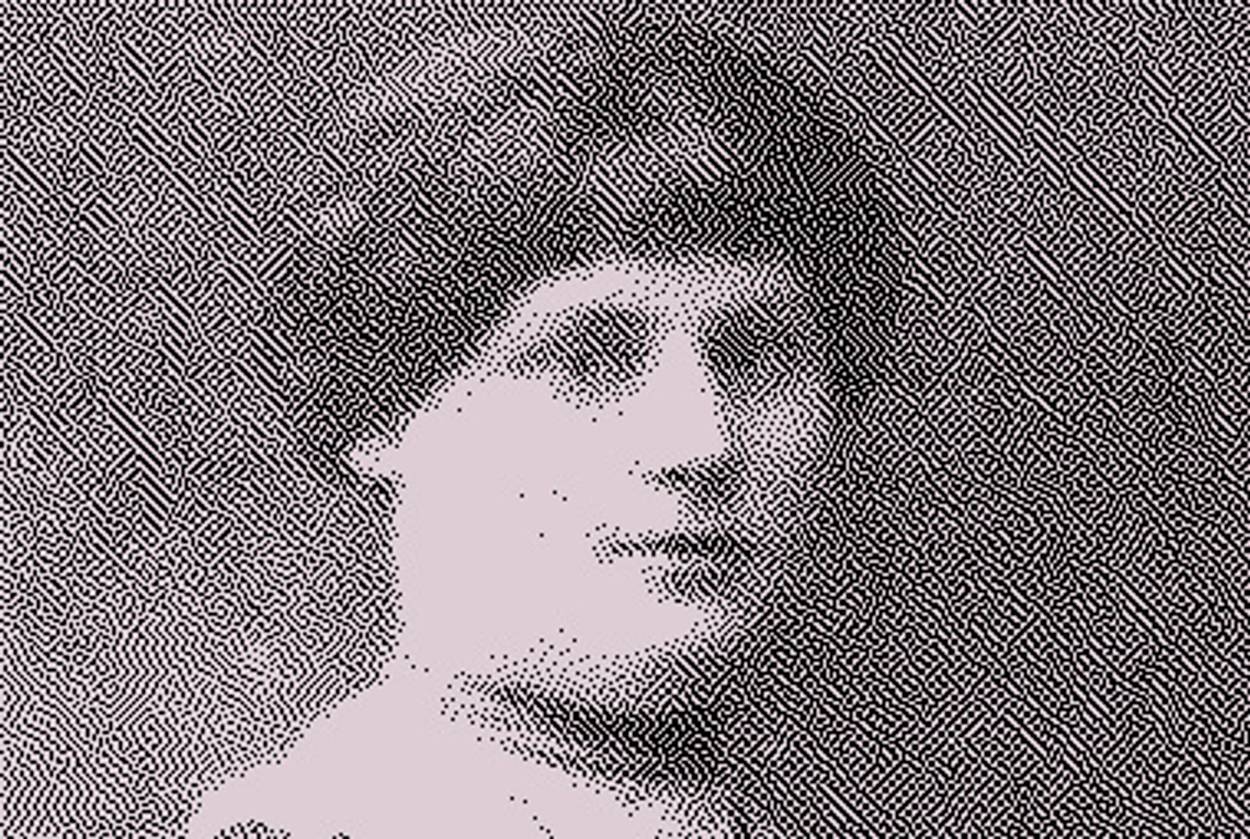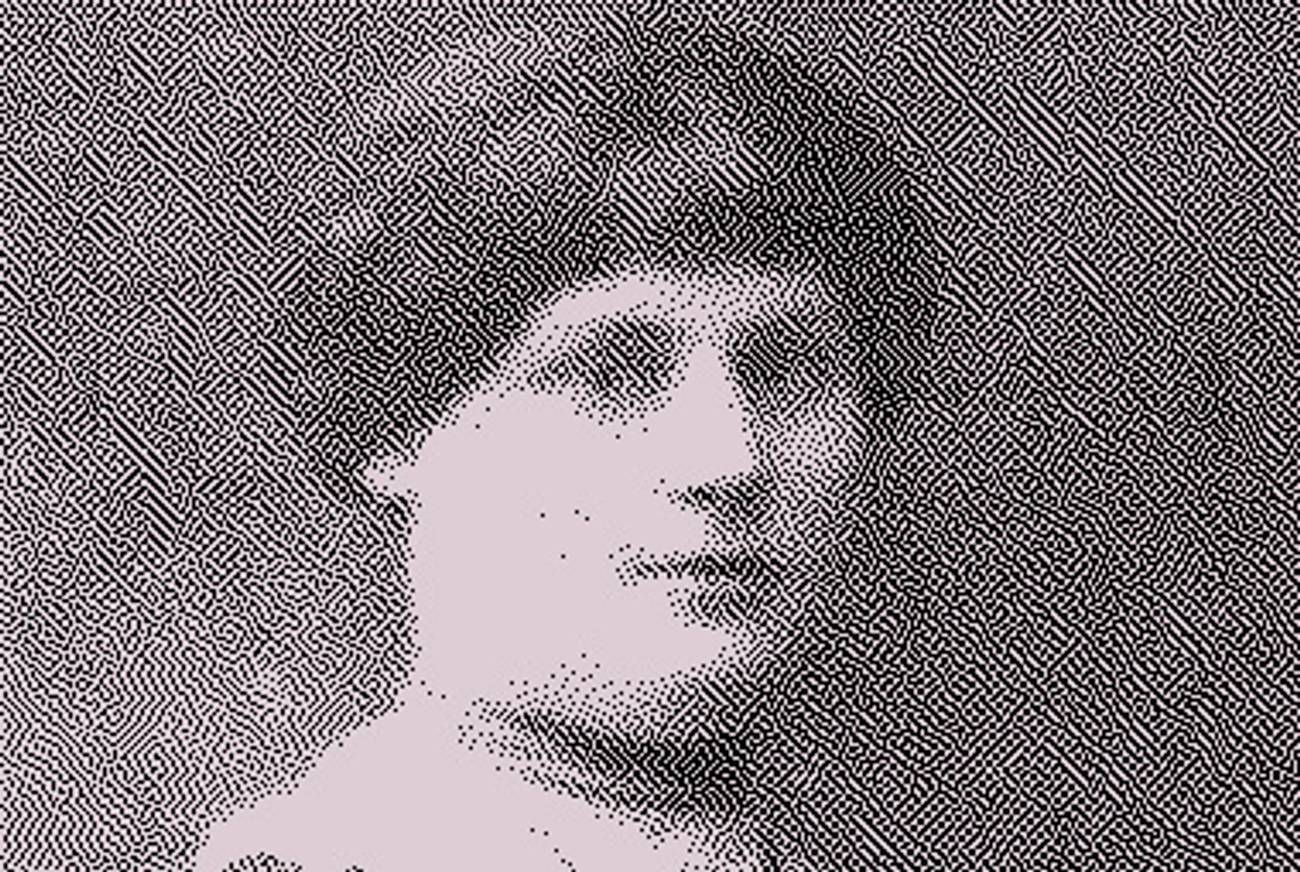Unsung
A reissued novel shines a light on the most neglected Singer sibling




“There are two Singers in Yiddish literature, and while both are very good, they sing in different keys,” wrote Irving Howe in 1980. He was right about the brothers’ literary cadences; Israel Joshua died prematurely in 1944, but not before producing multigenerational sagas that dealt equally with Jewish themes and larger historical and socioeconomic concerns such as The Family Carnovsky and The Brothers Ashkenazi(recently called “the best Russian novel ever written in Yiddish” by Joseph Epstein). Isaac Bashevis, nine years younger, earned a Nobel Prize for novels and short stories where playful and demonic archetypes clash against the stark reality of 20th-century Eastern European Jewry.
Howe was wrong, however, on one major count. There was a third Singer, Hinde Esther, oldest of the Orthodox clan that spent its formative years in the Polish shtetls immortalized in Bashevis’s oeuvre. She, in fact, was the first of her family to set her ideas down on paper, but her early work is lost—she burned it not long after she was married—and only two novels (Der Sheydim Tants and Brilyantn) and a short story collection (Yikhes, published in English as Blitz and Other Stories) from later in life, survive as testament to her talents.
Hinde Esther’s neglect began at birth, when her parents, wishing for a boy, sent her to live with a wet nurse for the first three years of her life. She returned to her family (and new younger brother Israel Joshua) with damaged eyes, a fear of enclosed spaces, and the epileptic symptoms that persisted until her death at age 63 in 1954. A miserable arranged marriage gave her the name Kreitman, and spurred her to wander back and forth between her home country, Poland, and the more modern Jewish communities of Antwerp and London, where she finally settled. Her brothers thought her difficult, if they thought of her at all; Isaac Bashevis’s erroneous dedication of The Séance to “Minda” Esther seems emblematic of how he regarded his much older sister. Every few years an article lamenting Kreitman’s literary neglect results in a small flurry of attention, but its eventual fading returns Kreitman to the afterthought status she knew in life.
Kreitman’s sense of her own obscurity is most prominent in Der Shaydim Tants, originally published in 1936 and loosely translated as The Dance of the Demons (the title of its paperback republication this spring by the Feminist Press). Tants tells the stark, tragic story of Deborah, who dreams of a future in which she is more than the “nobody” her father calls her. She wants to break free of the desultory household duties ordered by her possibly jealous mother and to be worthy enough to study Talmud like her insolent, less intelligent brother. Deborah evokes the thinly-veiled envy Kreitman felt for Israel Joshua (nicknamed “Shiya”) and is gutsy enough to strive for freedom that’s never within visible range.
Der Sheydim Tants takes time to find its raging voice, moving first through fragmented slices of shtetl life and withering descriptions of the religious inequity between the “cult of Hassidism” subscribed to by Deborah’s father, and her mother’s misnagdish skepticism. The slow start owes less to Kreitman’s structure than to the 1946 translation by her son Maurice Carr, a literary critic and editor. Carr changed the title to Deborah—suggestive of domestic drama instead of roiling tension—and peppered the narrative with jarring Britishisms (tzitzis becomes “Orthodox gabardine”; young men are “fellers” or “blokes”; and, at one point, Deborah’s mother yells, “Hark at all that shouting down below,” like a refugee from A Christmas Carol). Carr also de-emphasized references to German literature and added exposition for less discerning British readers, such as the opening declaration, “It was the Sabbath. And even the wind and snow rested from their labours.”
Thankfully, Carr’s clunky translation does not extinguish his mother’s fury at how the dreams and desires of intelligent young women are thwarted. The second half in particular teems with the author’s barely suppressed rage at her stand-in’s misfortune. A flirtation with socialism in the guise of a budding romance with the worldly Simon, a handsome rebel who sheds his payot for underground meetings, falls apart when Deborah is deemed too innocent to understand the ideological argument for terrorism. She agrees to marry Beirish, a young diamond cutter based in Antwerp, “as a means of escape from a home which was only a home in name, and which she hated like poison” only to discover, with revulsion upon meeting him, that she has leaped into another kind of personal hell. As matters worsen, Kreitman shows with devastating clarity the helplessness Deborah feels at watching her options fall away:
[What] folly, what madness had possessed her to do all she had done so far? Why had she run away from home in the first place? She had been blind not to foresee the crushing loneliness that lay in store for her when all her ties with the past were broken. Life here was meaningless: it had no content, it was empty, quite empty. How fascinating her life had been! Even her sufferings had not been bereft of a deep inner relish. Now she was face to face with nothingness. She was all alone with a stranger whose presence she could not endure. Why could she not endure him? That she did not know.
When World War I breaks out, downtrodden, defeated Deborah takes in the awful news by sipping her tea in silence, past caring about the war’s impact. In her mind she is nearly dead, tormented by the demonic gyrations she believes she sees demonstrated by an anonymous celebrant at her own wedding (adding a whiff of the supernatural to the narrative) and the cloudy, migraine-like auras that foreshadow Kreitman’s own undiagnosed grand mal seizures. But here fiction and reality diverge, for Kreitman, despite her unhappy life, lived long enough to see her work published, even if recognition was scarce. Now it is time for Carr’s well-meaning work to cede its place to a fresh translation of Der Sheydim Tants that finally puts Irving Howe’s incomplete assertion to rest.
Sarah Weinman writes “Dark Passages,” the Los Angeles Times’s monthly online crime fiction column, and contributes to numerous print and online outlets including the Washington Post, the Wall Street Journal, the Guardian, and New Hampshire Public Radio’s “Word of Mouth.”
These articles are not currently attributed to anyone. We’re working on it!